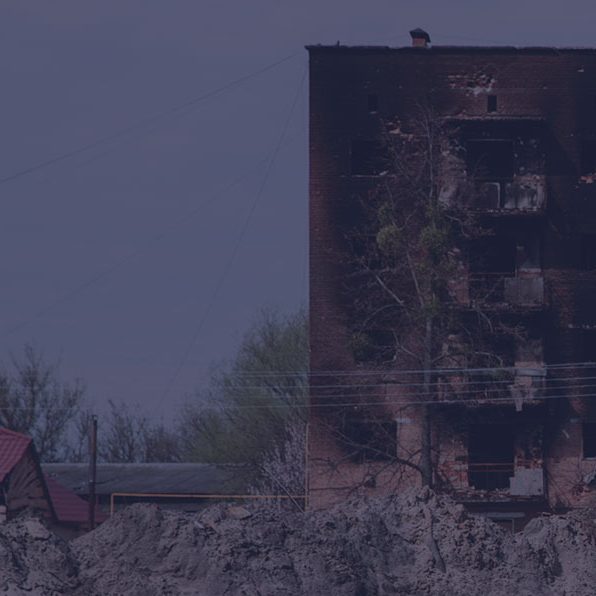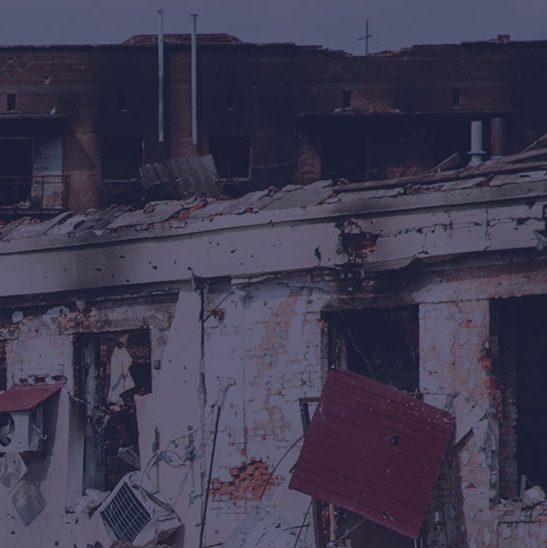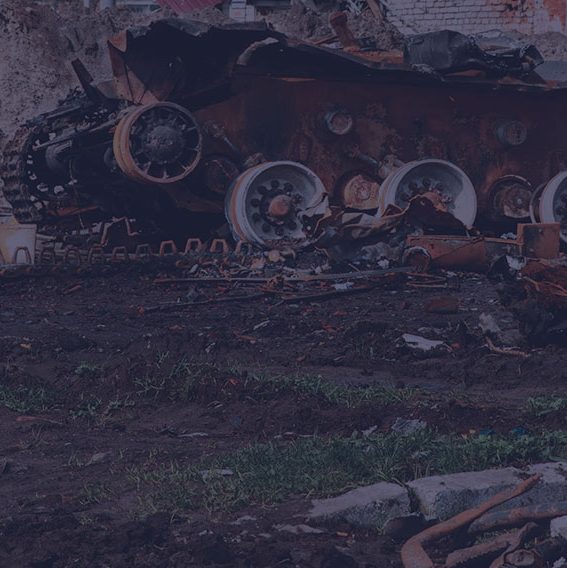
Foundation for Children’s Hospital & Research Institute Nadija
Building a brighter future for the children of Ukraine and beyond
The need for mental and physical rehabilitation for war-affected children in Ukraine is urgent. Nadija Foundation is responding with a unique Nordic-Ukrainian initiative focused on creating lasting mental and physical health infrastructure for children.
Our most immediate intervention is the Virtual Hospital, launching in January 2026. It will deliver accessible, evidence-based psychological care to children and families across Ukraine no matter where they are. This platform forms the first step in a long-term effort to rebuild national capacity in child mental health and trauma recovery.
The Virtual Hospital is part of a broader three-pillar plan that connects care, rehabilitation, and research. A dedicated Research Institute will advance knowledge in pediatric trauma, psychology, and epigenetics, while a Physical Rehabilitation Hospital in Lviv will treat complex psychological and physical injuries. Together, these pillars build the foundation for a future Center of Excellence in child trauma care.
This work is possible through strong partnerships with the Ministry of Health of Ukraine, Lviv National Medical University, and leading institutions from Finland, Sweden, Norway, and Denmark. The foundation is guided by a board of experienced leaders from these countries.
Nadija operates entirely through donations from individuals, companies, foundations, and governments. Every contribution directly enables care for Ukrainian children. If you wish to support this work, you can read more about making a donation here.
Nadija in a Nutshell
The Challenge
TREATMENT OF PHYSICAL TRAUMA
Ukraine’s healthcare system continues to grapple with an escalating burden of war- related injuries, including over 100,000 amputations performed by mid-2024. The scarcity of trauma specialists, prosthetics, and rehabilitation services remains critical.
UNDERFUNDING OF MENTAL HEALTH
Before the war, mental health received only about 2.5 % of Ukraine’s health budget – approximately 6 USD per capita, compared to an average of 58.71 USD in high-income countries. Mental healthcare remains deeply underfunded.
CARE IS EXPENSIVE
Patients must largely self-finance mental health services: nearly all outpatient care and up to 90 % of inpatient services require out-of- pocket payments. Also, Poverty in Ukraine has increased by at least 1.8 million people since the start of 2022, rising to 9 million.
DAMAGED AND INSUFFICIENT FACILITIES
Since February 2022, over 2,254 verified attacks on healthcare facilities and personnel have been recorded, with nearly daily incidents continuing into 2025. These attacks have damaged or destroyed hundreds of clinics and hospitals, severely reducing care capacity.
FINDING THE RIGHT HELP IS HARD
Ukraine’s mental healthcare system is in transition and has a complex constellation of actors who provide mental healthcare including NGOs, NPOs an private psychologists/therapists making discovery and access to services difficult.
INSUFFICIENT TOOLS AND TRAINING
Ukrainian healthcare professionals say they urgently need appropriate training on treatment methods, protocols, and choosing from a wide variety of treatment options as well as platforms to deliver the services.
Today we significantly underestimate the number of children that have suffered from the war and need specific type of medical assistance. Of course, there is official statistics, but it is far from complete. A lot of children that required specific medical assistance and care currently undergo treatment abroad, but plan to return to Ukraine.
Among the most needed types of care are reconstructive plastic surgery, orthopedic surgeries and physical rehabilitation including prosthetics. Another area worth special attention is the mental health of children, including PTSD resulting from war trauma.
And finally we have to think about children with different chronic conditions from the territories of combat zone. Their conditions worsen due to stress factors and limited access to medical care.
Dr. Oleksiy Rykov, Head of Pediatrics Dobrobut medical network



